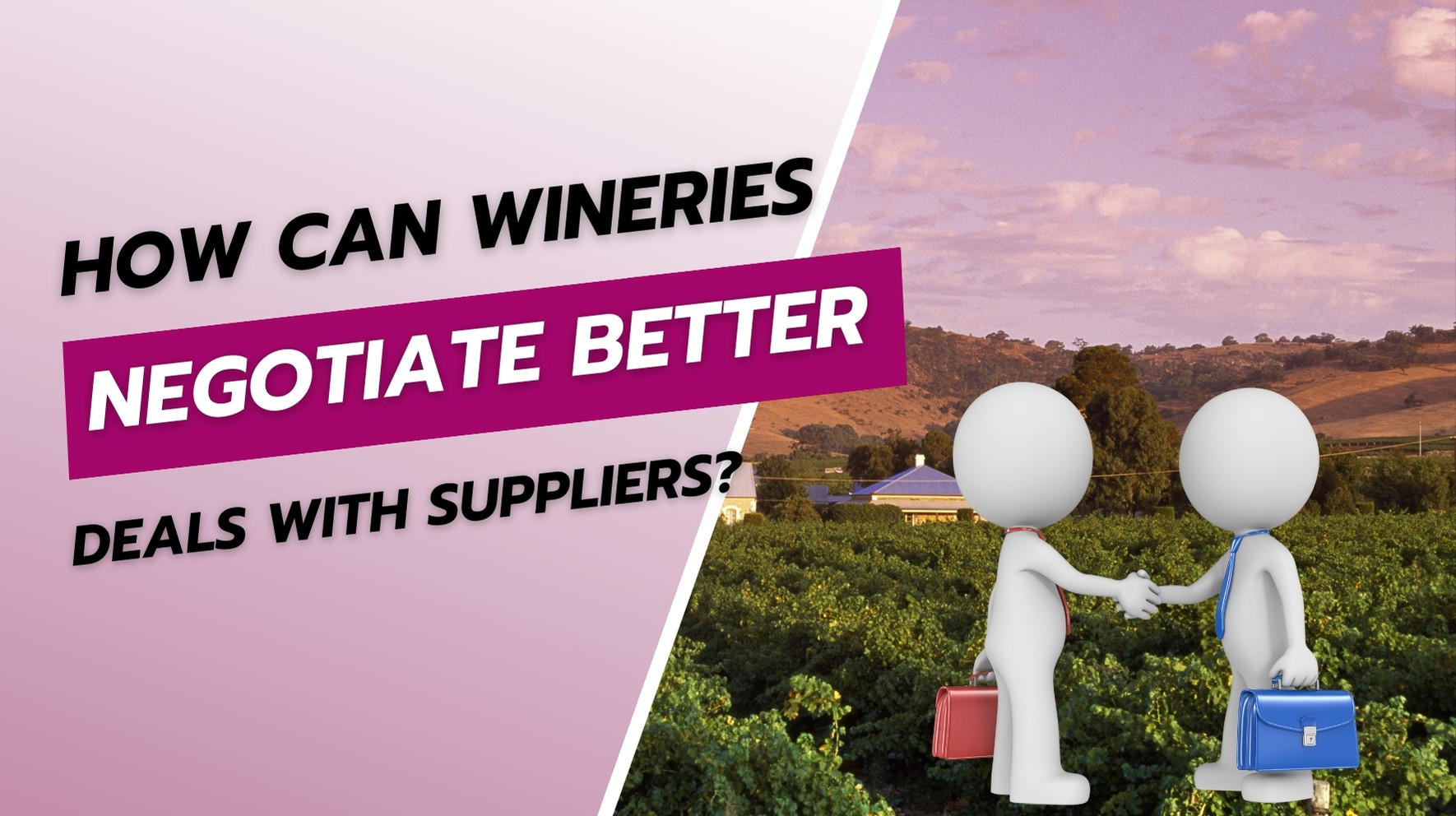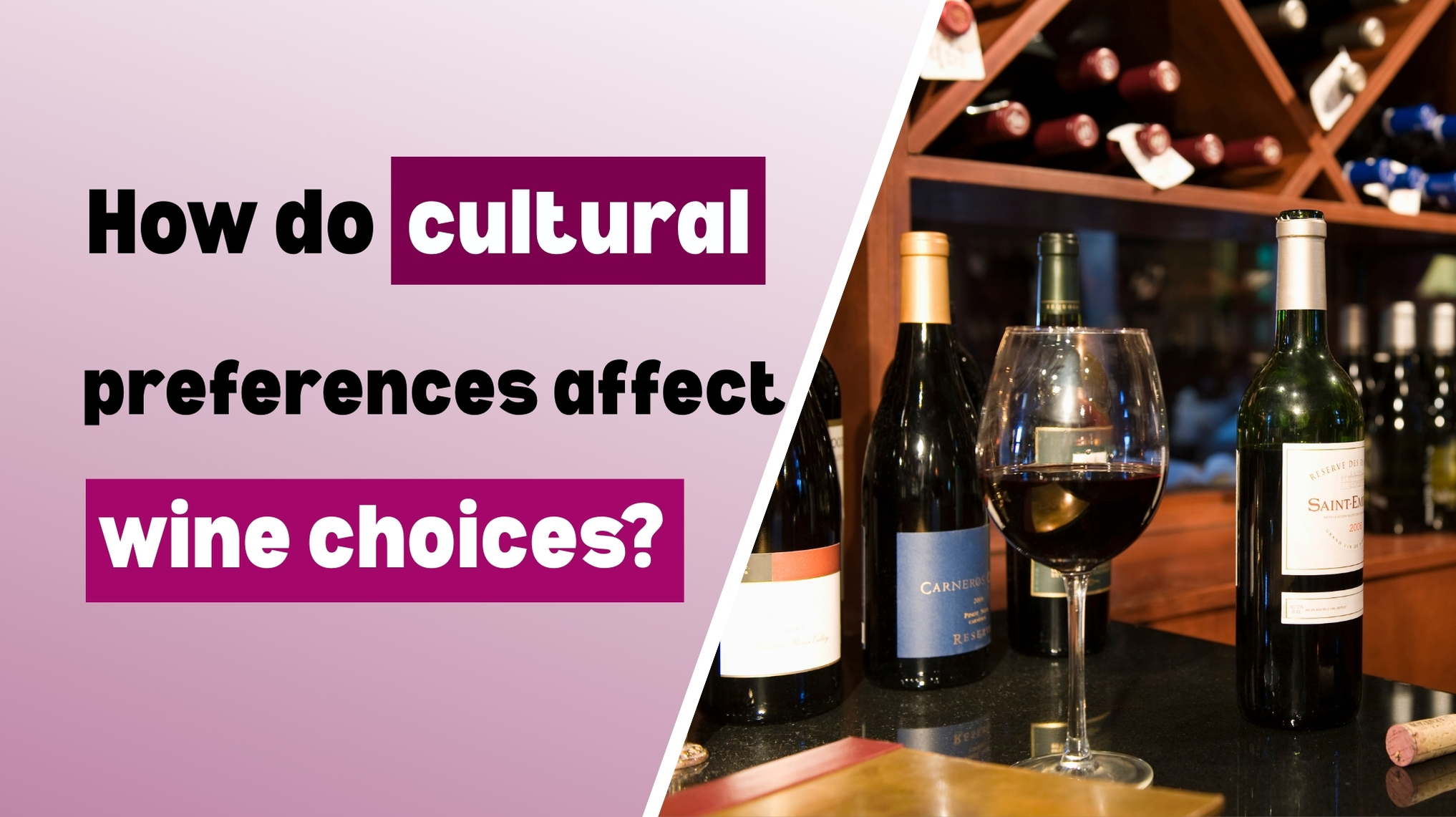Simple Strategies Wineries Can Use to Negotiate Better Deals with Suppliers

In the busy and competitive world of wine, getting the best deals from suppliers is super important. Whether it’s buying bottles, corks, grapes, or packaging materials, how you work with suppliers can make a big difference to your winery’s success. Smart negotiation can help you lower costs, improve quality, and keep things running smoothly.
This article will show you 8 simple and effective strategies to help wineries get better deals from their suppliers.
1. Do Your Research First
Before talking with a supplier, make sure you know what you’re dealing with. Check the market prices, learn what other wineries are paying, and understand what each supplier offers. This helps you:
Know what’s fair
Spot good or bad deals
Make better decisions
When you're well-prepared, you’ll have stronger reasons to ask for better prices or terms.
2. Build Good Relationships
Being friendly and respectful goes a long way. If you treat your suppliers well, they’ll be more likely to give you better service or discounts. Here’s how to build a good relationship:
Talk openly and regularly
Say thank you and show appreciation
Work together when there are issues
A strong relationship can lead to better offers, faster help, and even priority treatment.
3. Use Data to Your Advantage
Numbers don’t lie. If you track your buying habits, supplier performance, and product usage, you’ll find useful insights. Data can show you:
Which suppliers give the best deals
How often you reorder certain items
Where you can save money
Use this information during talks with suppliers. For example, if you buy in big volumes, you can ask for a bulk discount.
4. Consider Long-Term Deals
Signing a longer contract can be good for both you and the supplier. Why?
You get better pricing and guaranteed supply
They get steady business
Long-term deals also build trust. When both sides commit, it’s easier to work on improving quality, testing new ideas, or solving problems together.
5. Have Backup Options
Don’t depend on just one supplier. If you have other options ready, you’ll feel more confident during talks. You can say:
“I’d love to work with you, but I also have another offer.”
This shows that you're serious about getting fair terms. It also pushes suppliers to be more competitive.
6. Get Help from Experts
Sometimes it helps to bring in a third-party expert—like a legal advisor or business consultant. These professionals can:
Review your contracts
Suggest better terms
Make sure everything follows the rules
This is especially helpful for new wineries or when entering international markets.
7. Aim for Win-Win Deals
Instead of only asking for lower prices, think about how both sides can benefit. Ask yourself:
What does the supplier need?
Can we adjust terms to help each other?
For example, maybe you offer faster payments in exchange for a small discount. Or, you agree to a minimum order size that helps the supplier plan better. This kind of deal builds a stronger partnership.
8. Write Everything Down Clearly
Once you agree on the deal, make sure everything is written in a clear and simple contract. This helps avoid future problems. Your agreement should cover:
Prices and payment terms
Delivery schedules
Quality standards
What happens if something goes wrong
Having it all in writing protects both sides and keeps things running smoothly.










